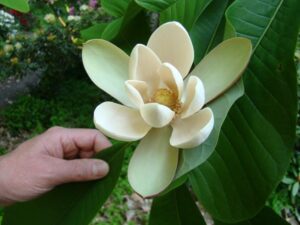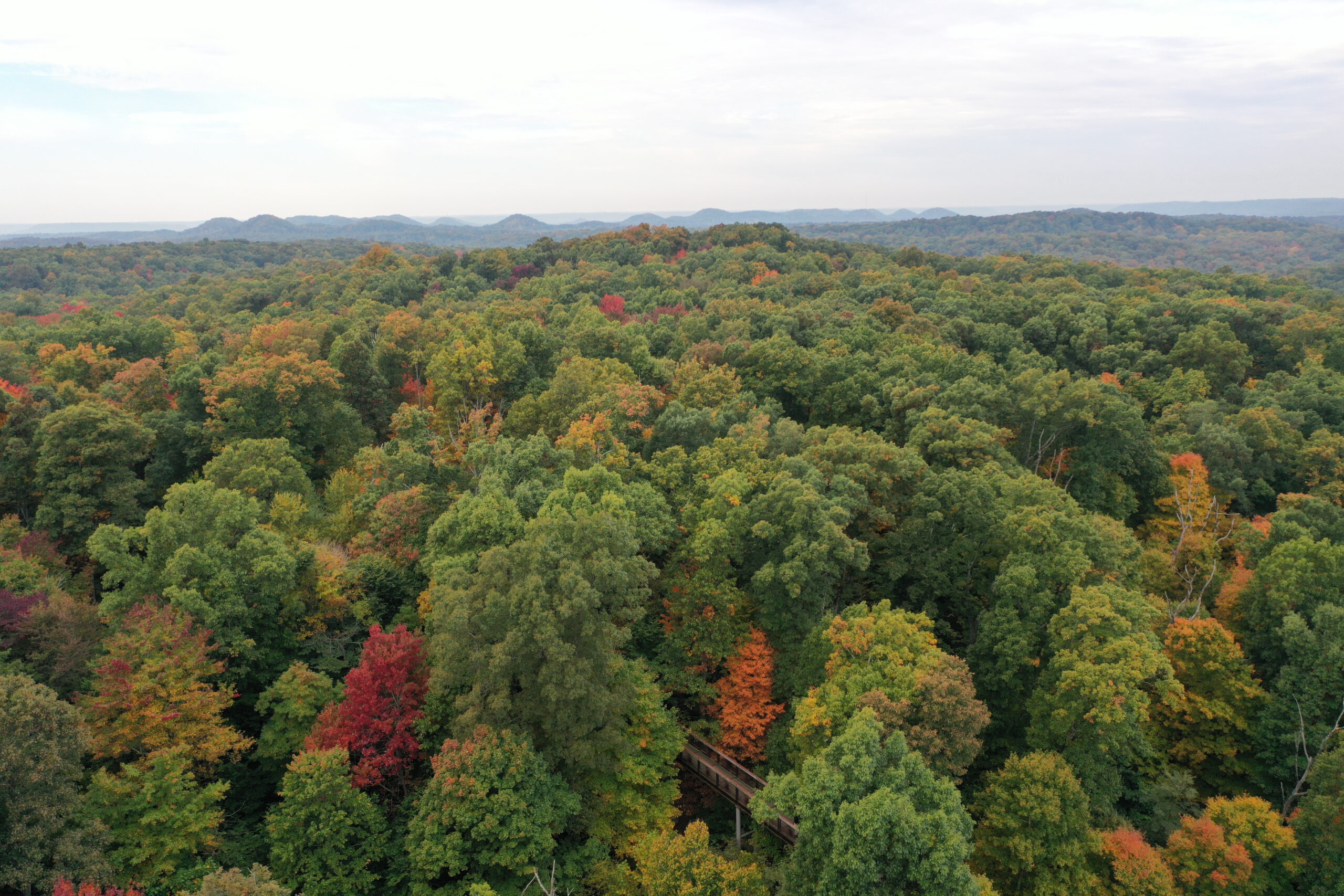By Eric Garris

Magnolia officinalis, sometimes referred to as the Houpa magnolia, is essentially unknown outside of China where it grows only in mountainous regions and valleys. It is a fast growing tree, reaching 50 feet in height, bearing highly aromatic large flowers in the spring. It is prized among Chinese herbalists, not for its flower, but for its bark. The bark contains bi-phenols and is used to make hau po, an herbal remedy used for centuries in Chinese medicine to ease coughs, colds and allergies. The bark is peeled from the tree, leaving it defenseless against pests and disease. This practice has reduced this species to alarmingly low populations and threatens its existence.
Only a handful of plants are being cultivated outside of China. It can be found in a few native and rare plant nurseries whose objective is to keep this species in cultivation, and in conservatories or zoos where it is used in plantings that mimic temperate climates for display. There are ongoing efforts to grow this magnolia outside of its native habitat to perpetuate its survival; otherwise this species may be extinct before we fully understand its full medical potential.
Want more Vanishing Acts? Click here to view the archive.
Vanishing Acts: Trees Under Threat was developed and produced by The Morton Arboretum in association with the Global Trees Campaign, a partnership between Fauna and Flora International and Botanic Gardens Conservation International.
Funding for this exhibit comes from The Morton Arboretum and the U.S. Institute for Museum and Library Services, Museums for America Grant Program.
Support locally comes from LG&E and KU. Additional support provided by Shepherdsville/Bullitt County Tourism.

